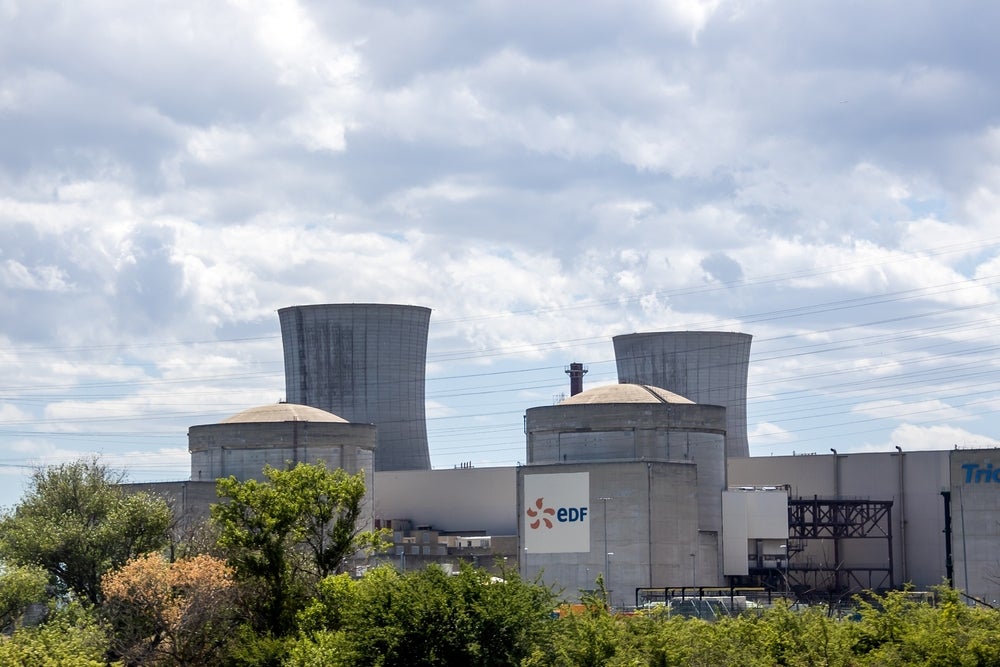
French state-owned energy company EDF posted improved full-year results for 2023 on Friday, citing “substantially higher” nuclear output in France and good overall operational performance across its fleets in Europe.
The company posted €139.7bn ($150bn) in sales for the year, and earnings before interest, taxes, depreciation and amortization (EBITDA) of €39.9bn, up considerably from the previous year’s -$5.3bn.
It cut its net financial debt by more than €10bn year-on-year, ending on €54.4bn. In 2022, it posted record losses of €64.5bn after a significant decline in output from its nuclear fleet in France. It said that 46 of its 56 reactors were online in January 2024, with an output of 50GW.
EDF said that its improved results are largely due to an increase in power generation from its French reactors. Necessary repair work on its ageing fleet in France, prompted by stress corrosion and regulatory measures implemented by the government during the height of the global energy price crisis, significantly impacted the company’s 2022 results. These issues were resolved in 2023, EDF said.
EDF CEO Luc Rémont said the company’s improved results reflect the hard work of its teams. The company will now “focus on change and efficiency improvements so we [France] can remain the leader in carbon-free, competitive electricity production”, he added.
In a separate statement also published on Friday, EDF said that it has invested more money in the UK’s nuclear industry than it earned in profits for the sixth year running. In 2023, it invested £3.6bn in the country’s domestic nuclear industry while earning £3.4bn EBITDA. Since 2018, the company said it has invested double what it has made back into Britain, investing £2 for every £1 it has made.

US Tariffs are shifting - will you react or anticipate?
Don’t let policy changes catch you off guard. Stay proactive with real-time data and expert analysis.
By GlobalDataEDF owns and operates all of the UK’s current fleet of nuclear reactors and is also developing two new plants: Hinkley Point C in the south-west of England and Sizewell C in the east. Both projects have been plagued with long delays and soaring costs since their inception.
Earlier this month, French ministers demanded loan guarantees and cost sharing plans with the UK Government as these new projects continue to overrun. While the UK is contributing public money to the construction of Sizewell C, it is paying nothing towards Hinkley Point C’s two reactors, which are already more than a decade delayed and billions more expensive than initial plans.
EDF holds a majority stake in Hinkley Point C and funds most of its construction. China’s General Nuclear Power Group holds a 33% stake in the project but has refused to contribute to overruns. Under a contract drawn up a decade ago, before costs had begun to spiral, the financial burden of any additional costs relating to the plant’s construction falls entirely on EDF.
“There needs to be an equitable sharing of costs,” French Finance Minister Bruno Le Maire told reporters last week, although the UK still insists it will not shoulder any additional costs, arguing that it is not a UK Government project.
In its results, the company posted a €12.9bn ($13.9bn) write-down on the Hinkley Point C plant. Rémont confirmed at a news conference on Friday that the company is still pressing UK ministers to change the way funding for Hinkley is structured, and will also pursue talks on Sizewell C. He described Hinkley as a “major [financial] weight” for EDF.



